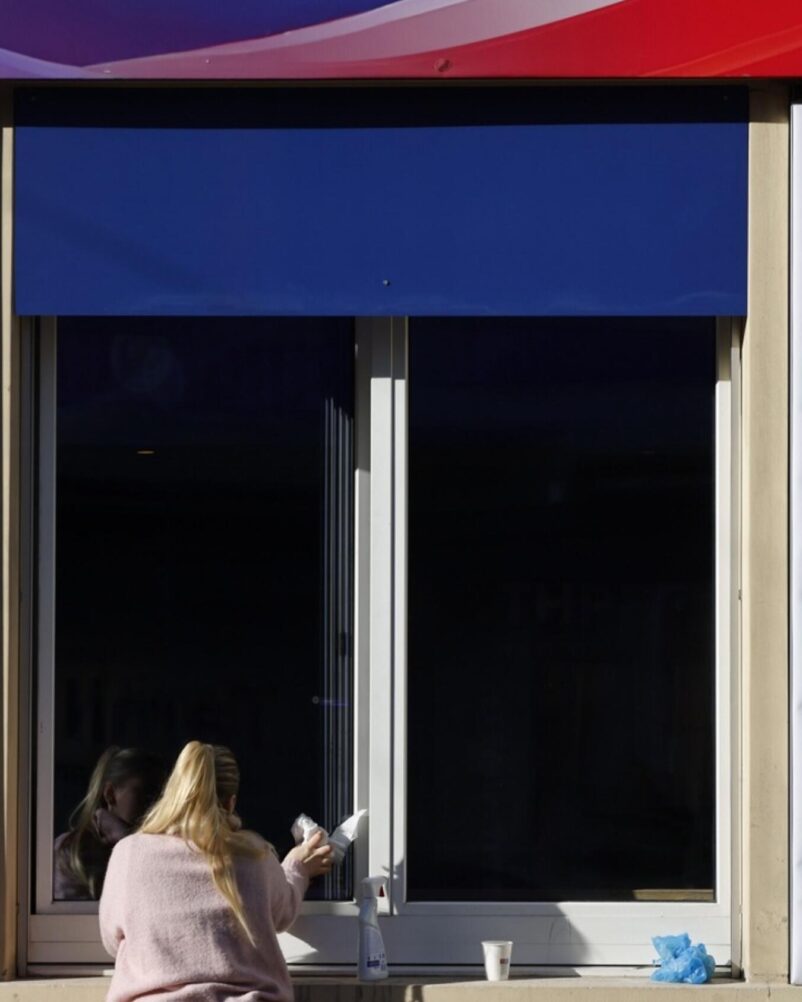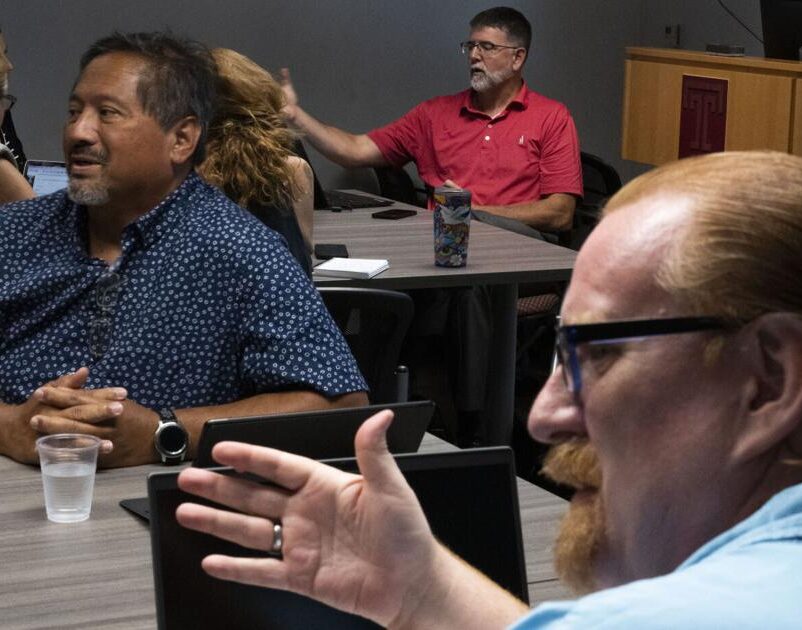On the heels of releasing its latest financial statement, Vancouver-based biotechnology company Absci announced it has met its first milestone in its collaboration with pharmaceutical giant AstraZeneca.
Absci, which designs biologics using its artificial intelligence platform, announced its $247 million partnership with AstraZeneca in December, aiming to create an antibody that would target a specific part of a cancer cell.
“We were able to meet the first major technical milestone on that within six months of starting the program, showing that we can use our AI models to generate some hits to that target,” Absci founder and CEO Sean McClain said in an interview Friday. “That was really nice validation.”
McClain said it was the first time the company was able to achieve success with a partner program using its AI platform.
The company reported Tuesday it brought in $1.7 million in its third quarter of 2024, up from $700,000 in the third quarter of 2023. It also reported a $27.4 million net loss, 24 cents per diluted share, in its third quarter this year, compared with $22 million in the third quarter of 2023.
“In general, things are going extremely well,” McClain said.
Absci hopes to use its AI platform to speed up the drug discovery process.
“We’re seeing results that we wouldn’t have seen with traditional approaches,” McClain said. “And that’s where we see new, novel biology getting unlocked because of AI.”
The company, which went public in 2021, has partnered with pharmaceutical companies and academia, creating drugs for the likes of Merck and working on an HIV vaccine with the California Institute of Technology.
Absci doesn’t just partner with outside groups; it’s also working on its own drug discoveries.
“Our first internal asset is going to be entering the clinic early next year,” McClain said. The drug is expected to help with irritable bowel syndrome.
Still, partnering with larger companies to create drugs is critical to Absci’s success.
“It really shows like this isn’t just hype,” McClain said.
The biotech company faced macroeconomic headwinds in recent years, forcing layoffs in 2022 and 2023. But McClain said things have stabilized.
“We were able to make those hard decisions and really cut programs that weren’t really core to our vision,” he said. The company has since raised millions of dollars for its internal drug programs.
“It’s just a testament to the solid execution that the team has done,” McClain said. “We were able to come out of it stronger than before.”



